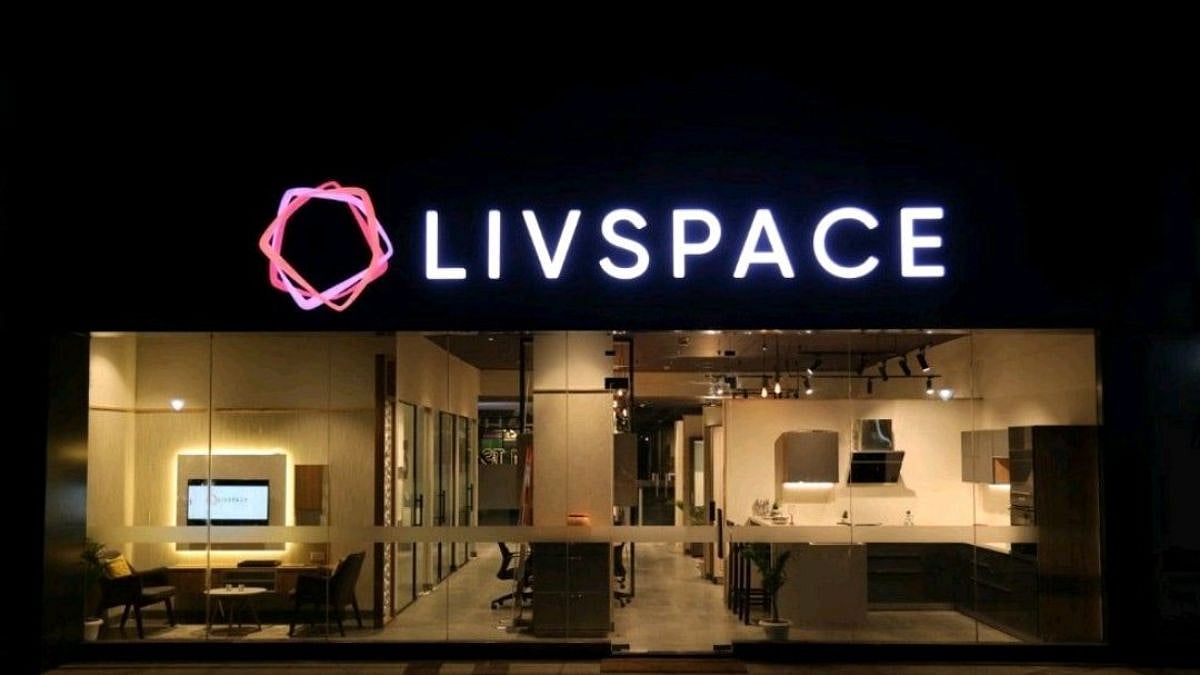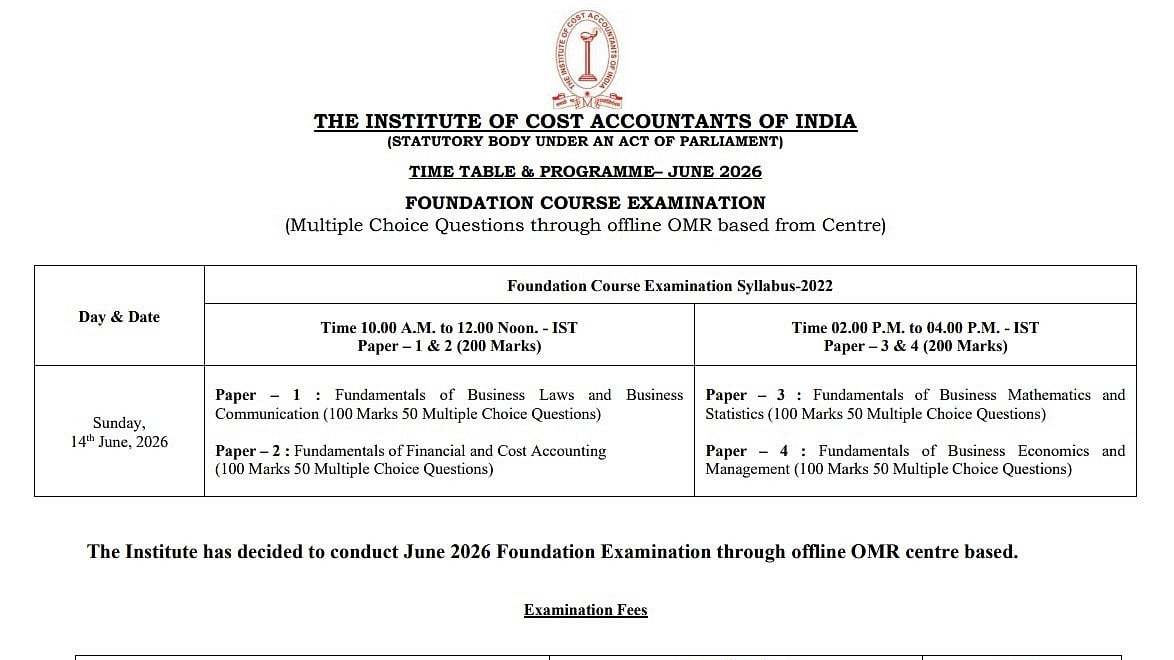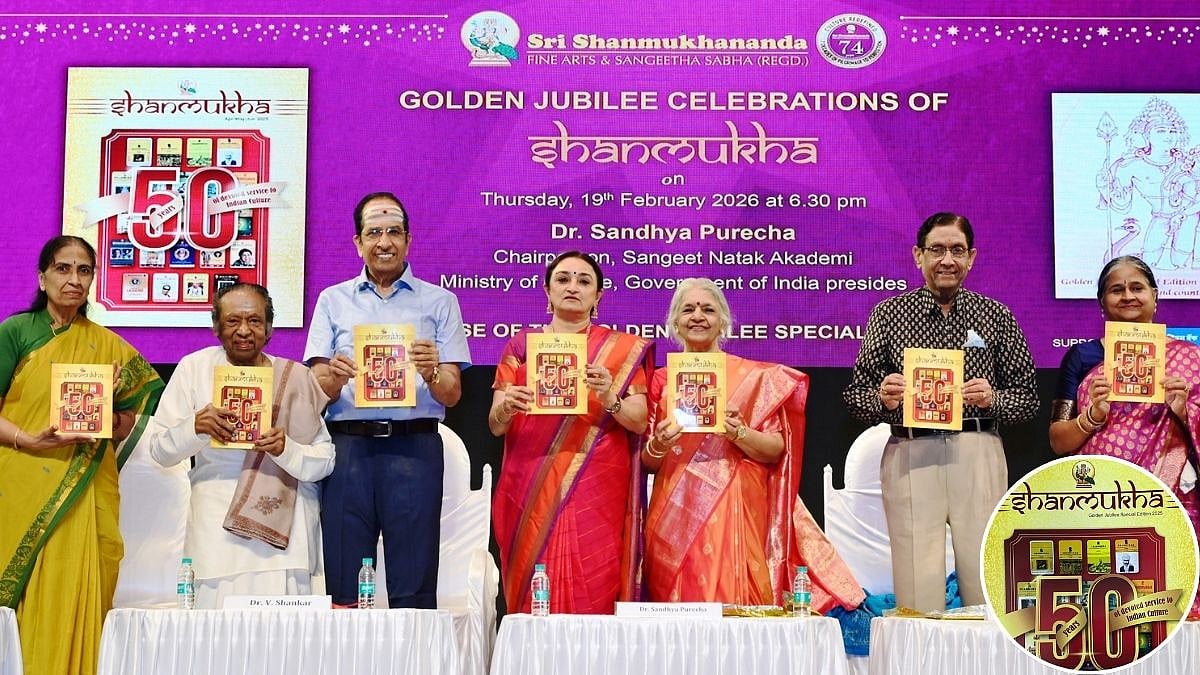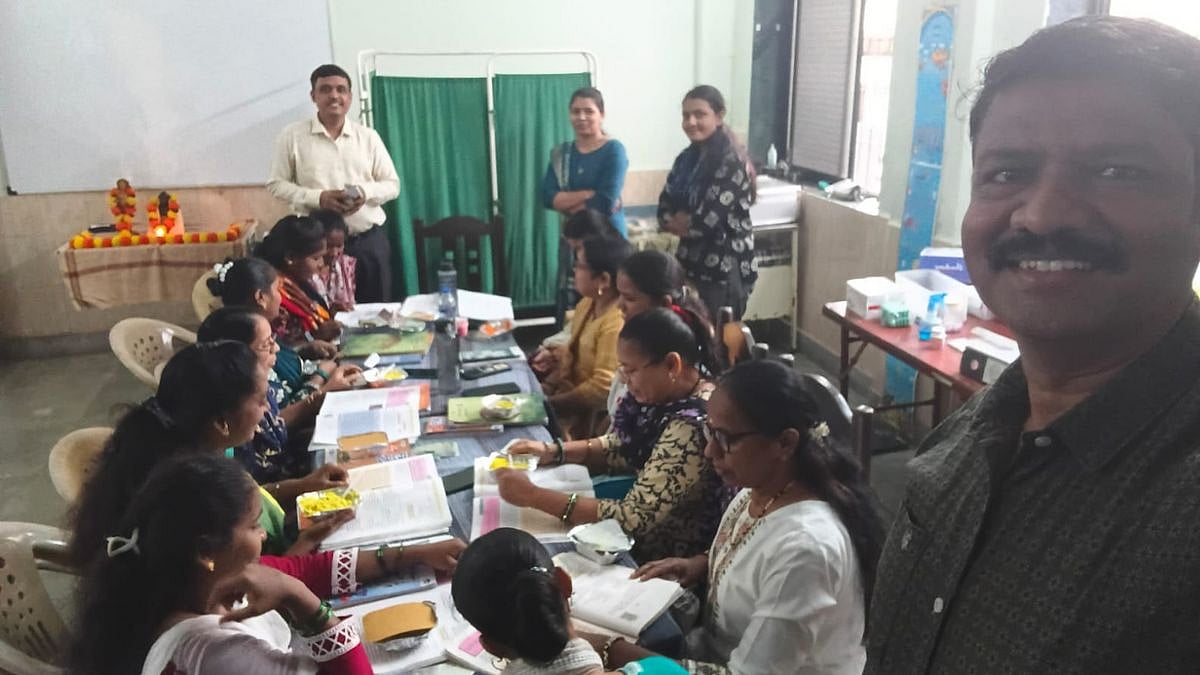In the week gone by, as the aftermath of the Kolkata rape-and-murder case reverberates across India with resident doctors and other medics raising their voice in unison, news reports have been trickling in of other rapes – a father in Uttar Pradesh’s Amethi raping his 13-year-old daughter, a 14-year-old Dalit girl’s raped and heavily mutilated body was found near a pond in Bihar’s Muzaffarpur, a nurse in Uttarakhand on way home from the hospital she worked in was raped and murdered, a six-year-old girl in UP’s Bulandshahr was raped and murdered in her home, and there are more. There is not one rape to protest but a deeply-embedded rape culture across the country that should make us all hang our heads in shame – and demand that the heinous crime is structurally and systemically addressed beyond one case that somehow grabbed the national attention.

Doctors and the medical fraternity in cities have raised their voices and threatened to stay off work but this should not be about the victim’s profession alone. Does the brutality of other rapes not matter as much? Do the other victims of rape and assault, some so young as to not even know of such crimes, matter less? Why do some rapes stir the collective conscience even as 51 rape cases are registered every hour across the country? These are only the registered cases of rape – there may be more that never make it to the police diaries – and do not include the thousands of instances of molestations and sexual harassment that women dread whether working on farms or in factories or plush offices. Why some rape cases shake the collective conscience of the nation and others leave it cold must have an explanation.
This, social scientists have explained, has to do with the twin factors of caste and class across geographies. When sexual violence is targeted at Dalit, Bahujan and Adivasi (DBA) women, in poorer places, the national outrage and collective conscience are either absent or muted. A report last month, based on analyses of sexual violence against Adivasi women in 10 states, underscored the systemic factors that make the women vulnerable to sexual violence and their search for justice elusive. In many cases, law keepers like the police were the perpetrators. Rapes in Kashmir and the northeast by men in uniform are routinely dismissed. This is not to take away from the demand for justice in the Kolkata case but to widen the net to address systemic social factors that make rape so common. Outrage over one case does not even begin to address the rape culture that heaps the worst abuse on DBA women. Till there’s justice for all, there can be justice for none.




